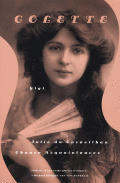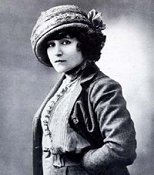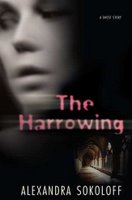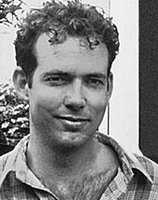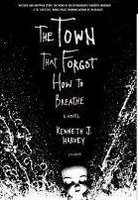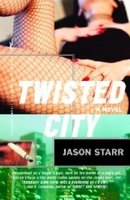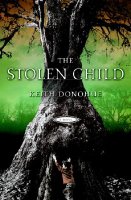 An Exorcist Tells His Story
An Exorcist Tells His StoryGabriele Amorth
Like the Mulder of old, I too want to believe. Also like Mulder, my desire includes not only extraterrestrials, but all forms of the supernatural. Ultimately I'm looking for a reason to believe in God, as the lapsed Catholic in me is not able to believe on faith alone. Again, like my fictional, alien-hunting kindred spirit, I need some proof.
Not too long ago, I saw The Exorcism of Emily Rose, which was apparently "based on a true story." Yeah, I immediately thought. So was The Texas Chainsaw Massacre, and we all know how that went. (If you don't, the real "massacre" didn't occur in Texas, didn't, so far as I know, include a chainsaw, and didn't feature a deformed freak. So, yeah, based on a true story indeed.)
I immediately wondered how "true" The Exorcism of Emily Rose was. My search led me to Amazon.com, where I would commence my research with a healthy dose of shopping. I found that apparently the movie is based on a true story called The Exorcism of Anneliese Michel. The book didn't sound as interesting as I'd hoped, but it did lead me to An Exorcist Tells His Story.
Gabriele Amorth is, to quote the back cover, "the renowned chief exorcist of Rome." So I expected a few interesting anecdotes. Basically, I just wanted to know if the devil is real. Cause that would help me out some. Now, I'm sure you're thinking, OF COURSE the devil is real. And I believe evil is real, but The Devil? The medieval, horned, cloven-footed fallen angel guy? Sometimes I'm not so sure. Well, An Exorcist Tells His Story had me starting to believe...and then it got all...well...medieval on me.
First, Amorth delivers a long lecture on the history of Satan, quoting the Bible and providing all these references to back up the fact that this stuff happens. So it's more theoretical than "here, listen to this cool story about the time I kicked that demon's ass" sorta stuff. When I remembered that I get to read about 60 research papers a year, I was especially annoyed at purchasing another one.
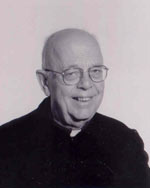 Even worse is that (not surprisingly) it gets all preachy, talking about how our modern society is uber-Satanic. And he had me at first: I admit, in a world where Paris Hilton makes the news more often than the war in Iraq, I'm willing to admit the presence of the devil. My skepticism grew, however, when he started discussing other dangerous elements of our modern society. Namely...
Even worse is that (not surprisingly) it gets all preachy, talking about how our modern society is uber-Satanic. And he had me at first: I admit, in a world where Paris Hilton makes the news more often than the war in Iraq, I'm willing to admit the presence of the devil. My skepticism grew, however, when he started discussing other dangerous elements of our modern society. Namely...YOGA.
REALLY, DUDE? Yoga is SATANIC? For real? Come on. Have you ever done it? It's a hell of a workout. (Did you see how I slipped a joke in there?) Anyway, it wasn't at all dark and evil-like. (I could insert another lame pun about the "burn" it gave my muscles, but this review is already too long and I have a headache.)
So basically I was starting to get into it, but then he had to get all theoretical and research-paper like, and then say that yoga is Satanic, which just made him seem all out-of-touch and annoying. Give me a break. Thankfully my current read (also by a Vatican-type person) is WAY better. It's full of anecdotes that really put the fear of God in ya. Which is, of course, what I'm looking for.
Bibliolatry Scale: 2 out of 6 stars
